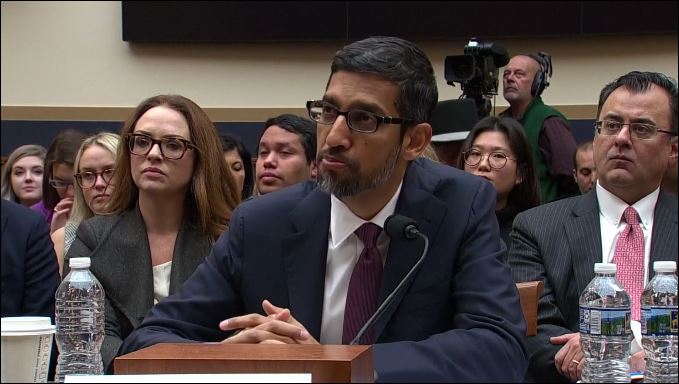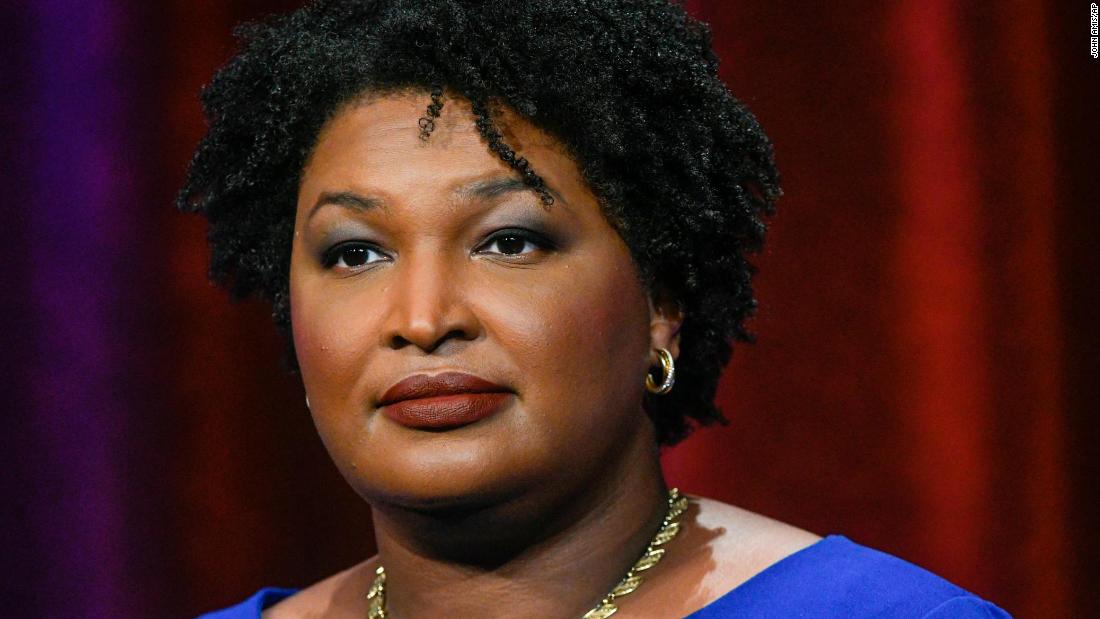It seems that when Chris Christie’s mentor asked this question – “is that what you want in your president?”- he was not only talking about Christie’s possible involvement in the BridgeGate crisis. It is quite possible that he got a glimpse of this report.
Poverty in New Jersey continued to grow even as the national recession lifted, reaching a 52-year high in 2011, according to a report released today.
The annual survey by Legal Services of New Jersey found 24.7 percent of the state’s population — 2.1 million residents — was considered poor in 2011. That’s a jump of more than 80,000 people — nearly 1 percent higher than the previous year and 3.8 percent more than pre-recession levels.
“This is not just a one-year or five-year or 10-year variation,” said Melville D. Miller Jr., the president of LSNJ, which gives free legal help to low-income residents in civil cases. “This is the worst that it’s been since the 1960 Census.”
And it may get worse: The report warned Census figures for 2012 to be released this month may be higher. Those numbers are expected to show some of the impact from Hurricane Sandy, which took a bite out of the state’s economy and destroyed a large amount of affordable housing.
The numbers for New Jersey — one of the wealthiest states in the nation — mirror a national trend. In 2011, the federal poverty rate was the largest it had been in 18 years, according to the Congressional Research Service.
“The Great Recession was the worst major economic event since the early ’30s,” Miller said. “It’s taken longer for the U.S. to come out of it.”
The report — the seventh issued by Legal Services — defines being poor in New Jersey as a family of three making less than $37,060. That’s twice the federal poverty rate because New Jersey’s cost of living is among the highest in the nation.
The report found:
• A record high of more than 630,000 children — 31.2 percent — lived in a household defined as poor.
• The percentage of 18- to 24-year-olds living in poverty rose from 26.9 in 2007 to 32.8 in 2011.
• Of families headed by single mothers, 22 percent were poor compared to 3.6 percent of families headed by a married couple.
• African-Americans and Hispanics had poverty rates at least three times higher than whites.
• Boosted by the consistency of Social Security payments, the percentage of elderly who were poor dropped from 26.7 in 2007 to 26.2 in 2011.
• Six counties — Passaic, Cumberland, Hudson, Essex, Atlantic and Salem — had more than 30 percent of their population living in poverty in 2011.
• Among cities, nearly 65 percent of Camden residents lived in poverty, and 79 percent of children lived in poor households. Poverty topped 50 percent in Passaic, Lakewood, Paterson, Trenton and Newark.









